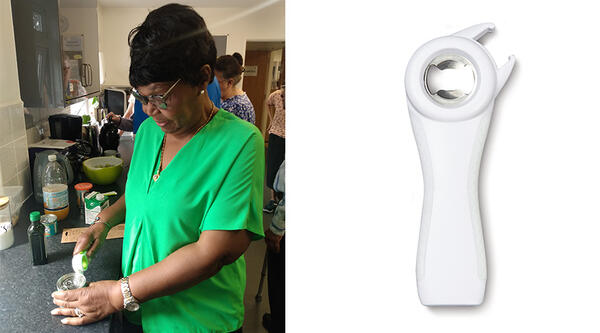Lithium in drinking water could protect against dementia, study finds – Alzheimer’s Society comments
People exposed to higher levels of lithium in their drinking water are at a reduced risk of dementia, according to a large study published today (Wednesday 23 August 2017) in JAMA Psychiatry.
The Danish study combined data on municipality of residence, water lithium measurements, and hospital records for over 800,000 individuals to test how the cases of dementia varied with long-term exposure to lithium in drinking water. A total of 73,731 patients with dementia and 733,653 controls of the same age were included. Average lithium exposure since 1986 was estimated for all participants, taking into account moving between municipalities during this time.
The researchers found that people exposed to the highest level of lithium (more than 15.0 micrograms per litre) were 17% less likely to have been diagnosed with dementia than those exposed to the lowest levels (between to 2.0 to 5.0 micrograms per litre). Dementia rates were 22% higher in people exposed intermediate levels of lithium in their drinking water (5.1 to 10.0 micrograms per litre). Similar patterns were seen when looking specifically at cases of Alzheimer disease or vascular dementia.
Lithium is a common metal found at low levels in drinking water and some foods.
Dr James Pickett, Head of Research at Alzheimer’s Society said:
'Lithium triggers a number of useful responses in brain cells that means, theoretically, it might work as a treatment for Alzheimer’s disease. However, despite some success in animals, there hasn’t been enough positive research of lithium in people with dementia to yet convince us that it works.
'This large, well conducted study explores the potential of lithium in drinking water to prevent, rather than treat, dementia by looking at how cases of dementia vary with natural changes in lithium exposure across Denmark. Although people exposed to the highest levels of lithium appear to be slightly protected, those exposed to intermediate levels had higher rates of dementia than those with the lowest levels of lithium in their water.
'It’s almost too good to be true that something as cheap and plentiful as Lithium might have a role in future prevention of Alzheimer’s disease. However, more research including clinical trials are needed, and until then we should not consider increasing lithium in drinking water. In high doses, or even at low doses in some people, lithium can be toxic so it is important that people consult with their doctor before they consider taking it as a supplement.'








